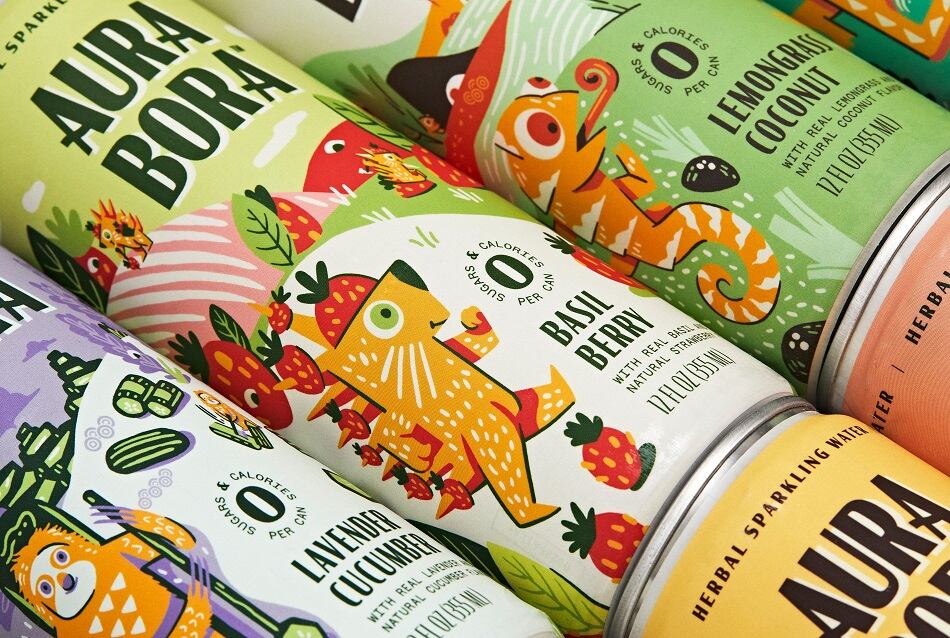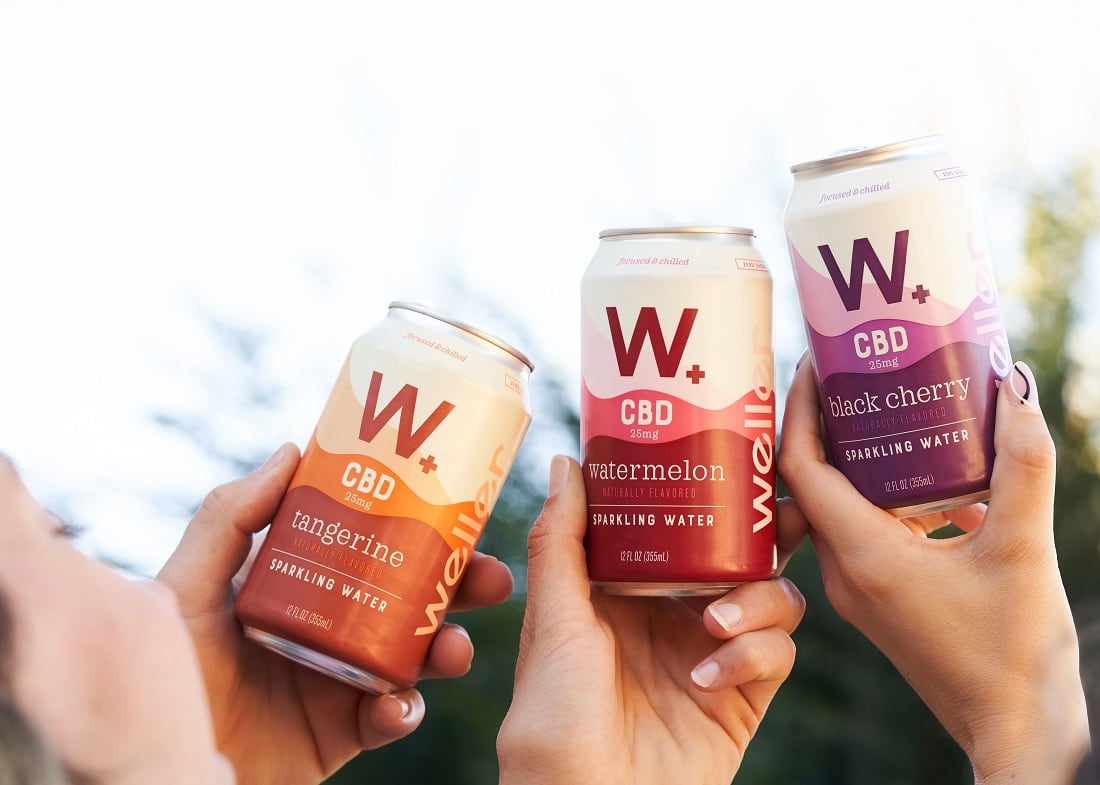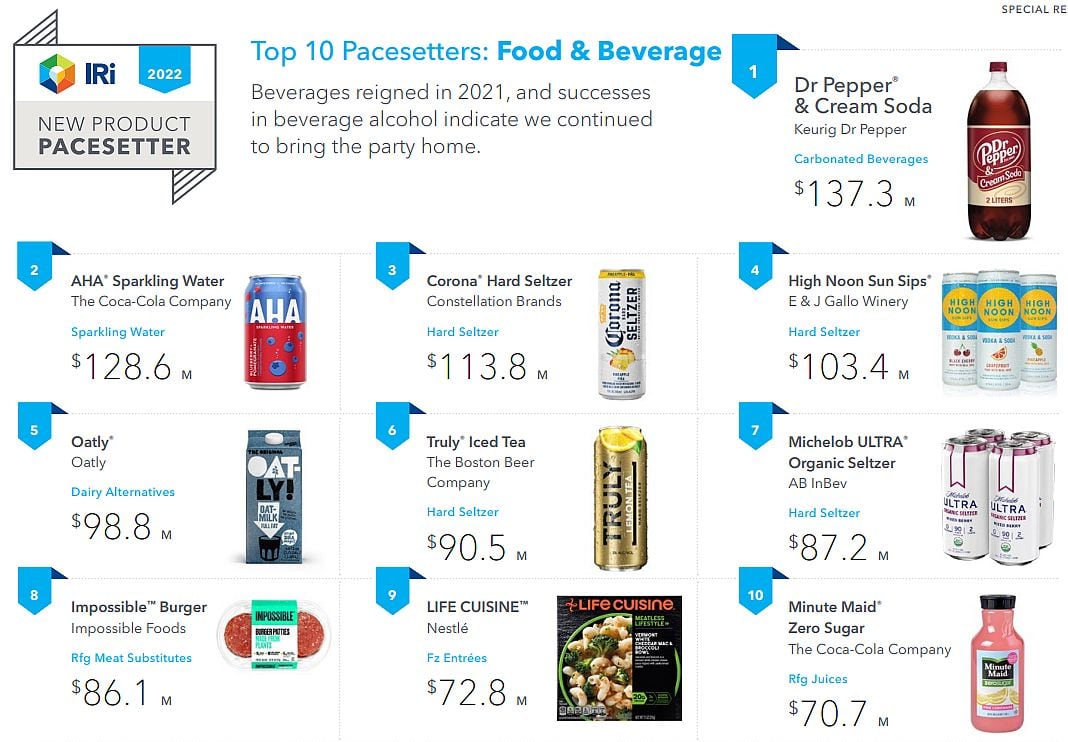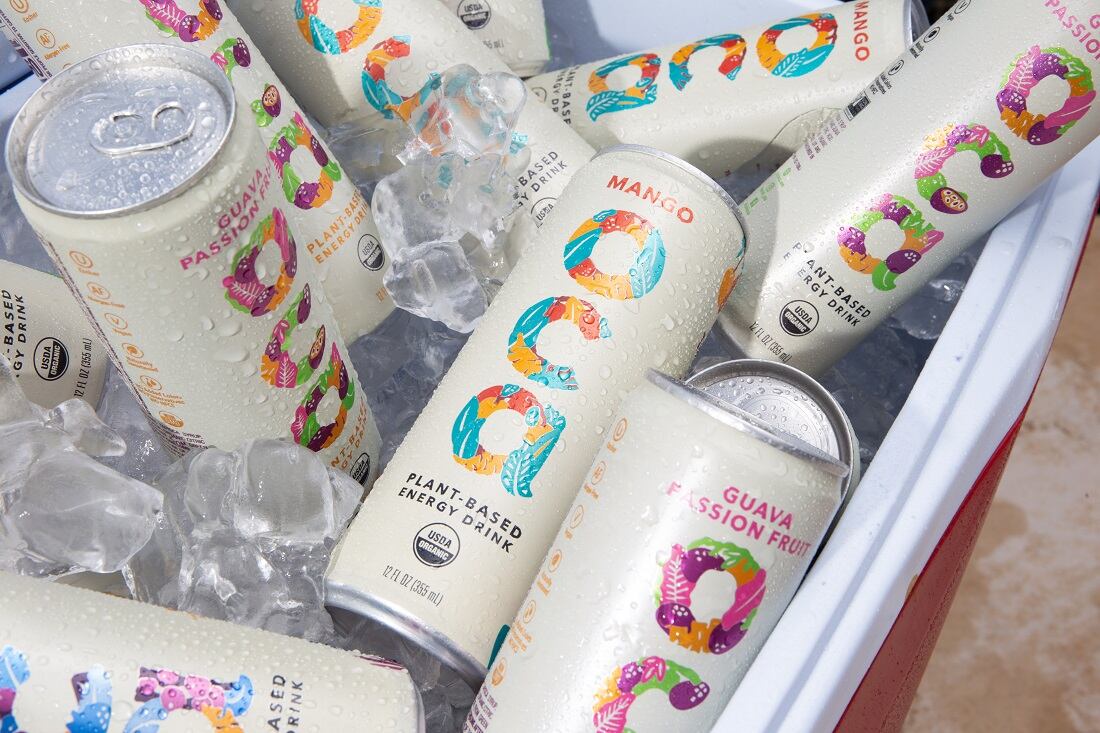Aura Bora has made a huge jump from selling cans of sparkling water with peculiar flavor profiles such as lavender cucumber and lemongrass coconut out of co-founder Paul Voge's Subaru in the Bay Area three years ago to distributing to 4,000+ retailers today.
And according to Voge, the real growth is still on the horizon as the brand targets mainstream and conventional channels where he argues consumers are looking for an alternative to the big brands that have dominated the category for the past several years and where a sense of "La Croix fatigue" has set in.
"I think this Series A proves that our brand doesn't just work in natural, but it works in conventional as well. You’re seeing more and more consumers shop across channels, so your Whole Foods shopper is shopping at Walmart and vice-versa. So that certainly helps a lot of natural brands," Voge told FoodNavigator-USA.
"I hope that in a year’s time, there’s a little less pretension in emerging CPG."
And with inflation impacting virtually every CPG category, Voge noted how consumers are more willing to make the leap from a conventional to a premium brand such as Aura Bora.
"With inflation, more and more consumers are aware of what they're buying. All the big conglomerates have raised their prices due to inflation. So for more emerging brands, us included, we’re now not two or three steps higher in price, we might just be half a step higher," said Voge.
'Our velocity is comparable to a lot of the big brands'
Since 2020 Aura Bora has picked up key distribution with national launches at Sprouts Farmers Market and Safeway Albertsons where the brand is performing on par with some of the leading sparkling water brands.
"Our velocity is comparable to a lot of the big brands: La Croix, Spindrift, Topo Chico," said Voge, adding that being able to present its strong sales data to potential buyers has helped accelerate its distribution growth.
"Now we can sell just with [sales] data. We’ve had buyers bring in our cans without even trying the product because of our strong velocity specifically in the natural channel," noted Voge, which has helped the brand make a solid business case to start targeting more conventional and mass retailers.
With the new funds, Aura Bora will now be able to expand its reach into more conventional channels.
"Expanding into conventional in a meaningful way is really expensive," said Voge, adding that up until recently the brand has been able to dodge pricy slotting fees that are more common with conventional and mass retailers. The funding will also help grow Aura Bora's sales team to cover more ground and connect with more buyers.
"In a year we hope to 10x-20x our consumer base not just by selling to Whole Foods, Erewhon consumers but selling in the middle of the country where it is a little bit unusual to have a lavender cucumber flavored sparkling water," said Voge.
A 'promiscuous' category?
Notoriously crowded and difficult to establish differentiation as a new brand, the flavored sparkling water category grew 5.3% from May 2021 to May 2022 led by Sparkling Ice (+7.9% growth and 23% market share), private label, La Croix, bubly (PepsiCo), and Polar, according to IRI sales data.
So where does a niche, emerging brand like Aura Bora fit in?
According to Voge, consumers unlike in many other categories, are trying multiple different sparkling water brands on a regular basis leading to more opportunities for consumer trial.
"It’s a very promiscuous category. People are buying multiple brands and they’re buying multiple flavors throughout the week, and as a result, consumers are going to try a lot of things," he said.
"We’re seeing consumers react to our product in a way they might react to a functional drink or how they might consume soda. Often, they’re consuming us in place of soda."
But, the brand's real edge is in the taste where it uses herbal and botanical extracts to flavor its products leading to a "more natural, more up-scale" flavor profile, claimed Voge.
"People are buying for flavor first and foremost, because they can’t fund a lavender cucumber flavor elsewhere," he added.




